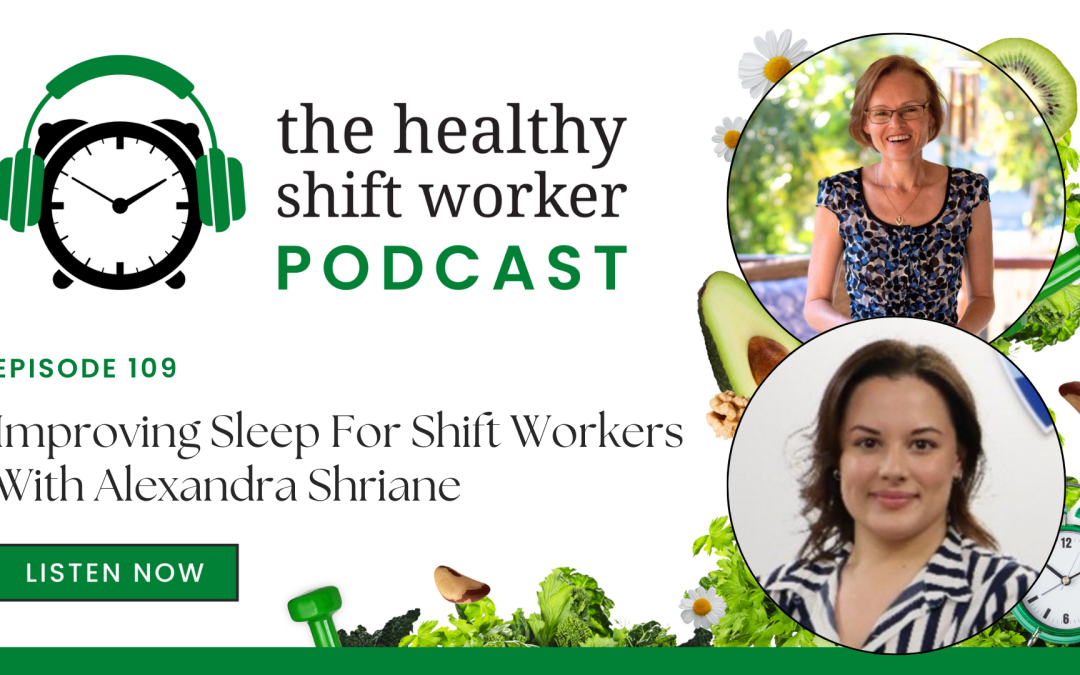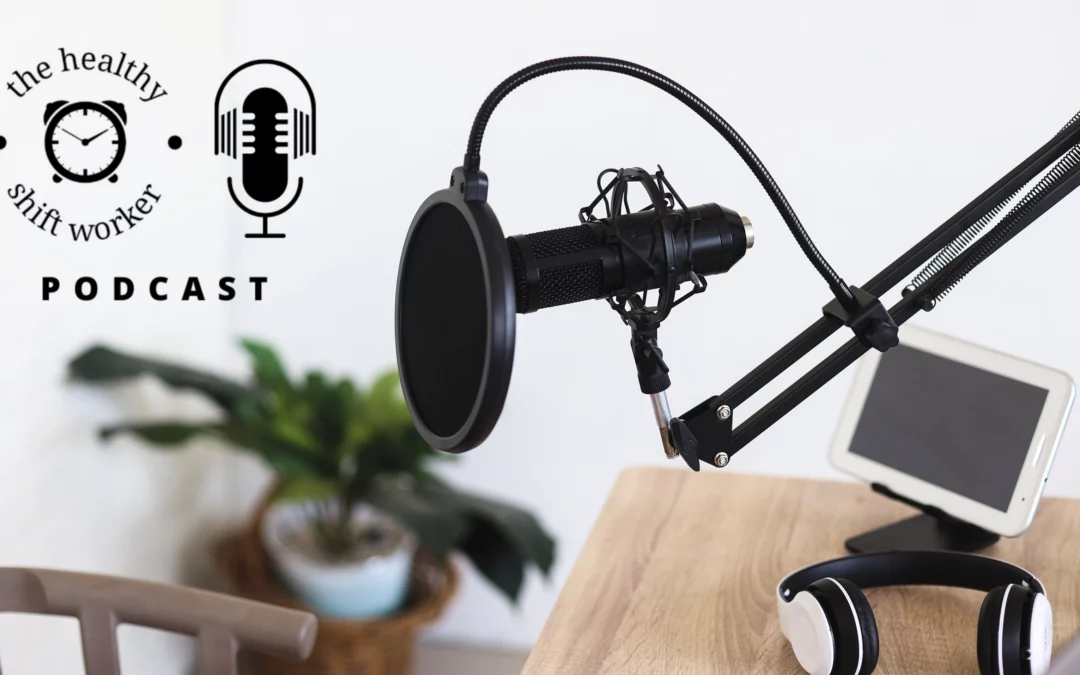
by Audra Starkey | Feb 7, 2024 | Podcast
In this episode we’re talking with Sleep Researcher and PhD candidate Alexandra Shriane from the Appleton Institute at Central Queensland University on her latest research titled – ‘Healthy sleep practices for shift workers: consensus sleep hygiene...

by Audra Starkey | Jan 24, 2019 | HSW, Podcast, Sleep
Sleep. It can be so elusive when we work shift work, but is it really possible to get better sleep whilst working 24/7? According to First Class Constable Tracey Rogers it absolutely is, but it all comes back to adopting a ‘Better Sleep Mindset”, and being prepared...

by Audra Starkey | Oct 20, 2010 | Sleep
If you’re a shift worker who is struggling to sleep through the night, then you’re probably walking around in a zombie like state of extreme exhaustion. Of course there are many reasons why this may be so, but have you ever looked closely at your eating...

by Audra Starkey | Jul 6, 2010 | Sleep
Okay so you’ve asked for it, and now here they are! Watch the video below, which is Part 1 of my 5-Part Video series on “Reducing Shift Work Fatigue!” In Part 1, I’ll be talking about Your Sleep Environment which has a HUGE impact on your...

by Audra Starkey | May 24, 2010 | Sleep
As a shift worker, finding a way to get a good night’s sleep can sometimes feel like you’re searching for a needle in a haystack – without any success at all! But it’s important to remember that sleep is as much a mental process as it is a...





